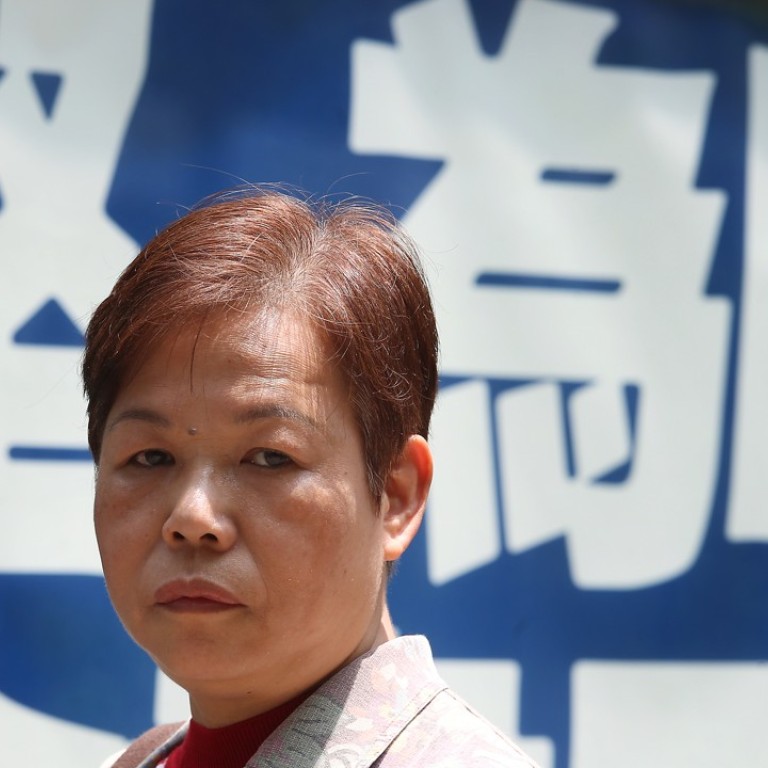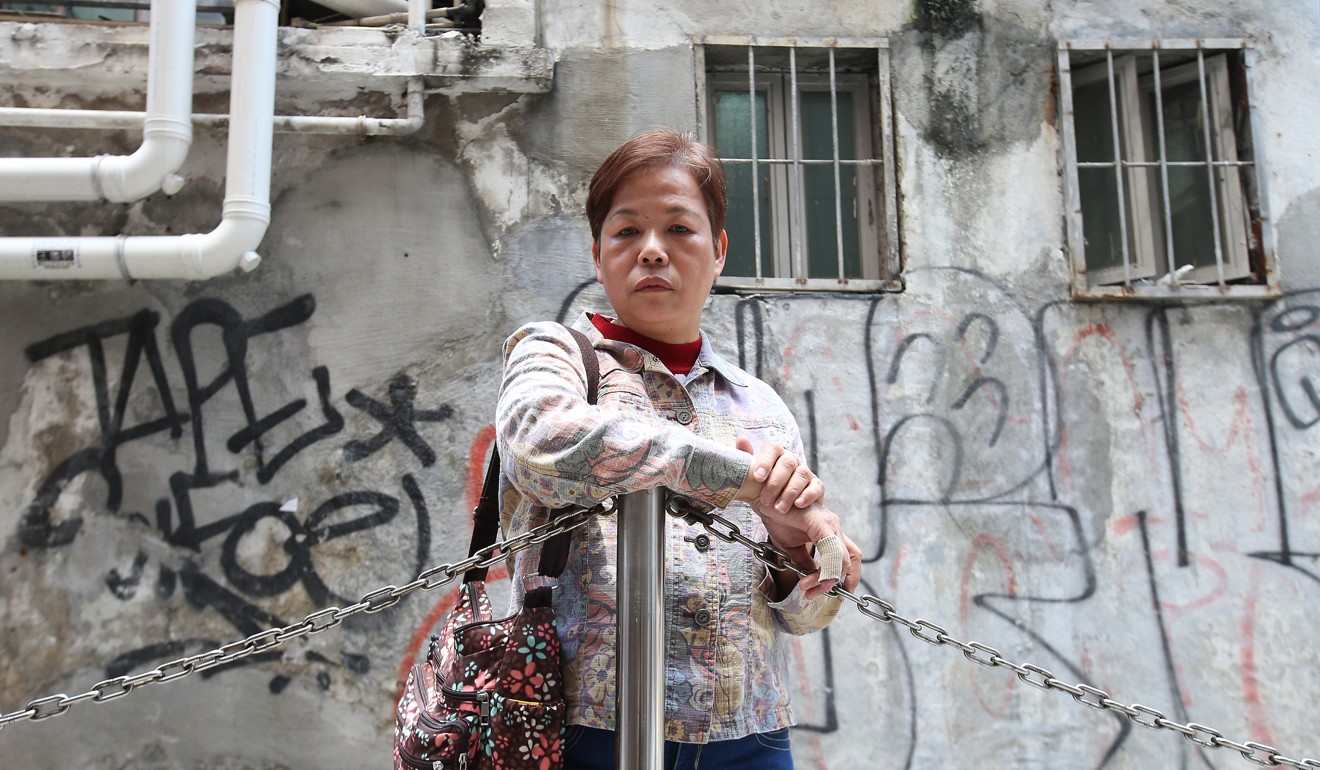
Union calls for annual minimum wage review in Hong Kong
Representatives say move would help keep up with inflation, as minimum wage increases by HK$2 on Monday
The minimum wage should be reviewed annually instead of every two years as wages have failed to keep up with inflation, the Confederation of Trade Unions said.
Former lawmaker Lee Cheuk-yan said on Sunday wages increased by 42 per cent from 2003 to 2016, but inflation had increased by 44 per cent.
The proposal came as the minimum wage increased on Monday by HK$2 to HK$34.5 per hour. It was also floated on a day when labour unions came out to demand standard working hours, universal protection and the abolition of the Mandatory Provident Fund offsetting mechanism ahead of Labour Day.
The rise in the minimum wage has received a mixed reaction from employers and employees.
For employers, such as restaurant owners, the introduction of the minimum wage has had a ripple effect on the labour market by pushing wages up for low and middle level employees and causing a labour shortage.
We can’t even keep employees at HK$60 [per hour] ... I can’t offer any more, it’s already a tough business
Restaurants are offering as much as HK$60 per hour – nearly double the minimum wage – for low-skilled jobs such as dishwashers, but are still unable to find employees.
“We can’t even keep employees at HK$60 [per hour],” founder of restaurant group Casa, Nathan Fleck, said. “I can’t offer any more, it’s already a tough business.”
Catering sector lawmaker Tommy Cheung Yu-yan said it was a misconception that there was a sizeable portion of employees working for the minimum wage.
Employers were actually paying far above the minimum wage but still could not attract workers, he said.
“The minimum wage has taken people from [the catering industry] and in to [security] at housing estates,” Cheung said, which offered better pay, even though the hours were generally longer for such workers.
He said profit margins for restaurants “had shrunk to low single digits” and a “large percentage had not made money in the past two years and were barely surviving”. An increase would see some restaurants close in the next few years, he added.
But Chinese University associate professor of economics Terence Chong Tai-leung said the impact would not be significant because the increase was only around 6 per cent – “catching up with inflation”.

Yu Mei-wan, 61, works six nights per week as a security guard in a shopping centre. She earns HK$42 per hour.
Her 65-year-old husband works as a minibus driver and earns HK$10,000 per month. They live on a public housing estate, helping them to keep costs down, but even with their combined income it is still difficult for the couple to get by.
“We can only afford to buy a little fish. Beef is very expensive so we don’t buy it,” Yu said. “I have not gone to see a movie in over 10 years because it’s too expensive.”
Yu said when the minimum wage was first introduced in 2011 there was a significant benefit, but subsequent increases had been eaten away by inflation.
She said she would like to see the minimum wage increased to HK$47 per hour.
According to a report by the Minimum Wage Commission released last year, employers may need to pay an additional HK$660 million because of the new wage level.
About 74,100 people made less than HK$34.5 an hour before the new level came into effect on Monday – about 2.5 per cent of all employees. Union representatives wanted a minimum wage of HK$41 per hour.
Chong warned that any large increase in the minimum wage would lead to unemployment.

